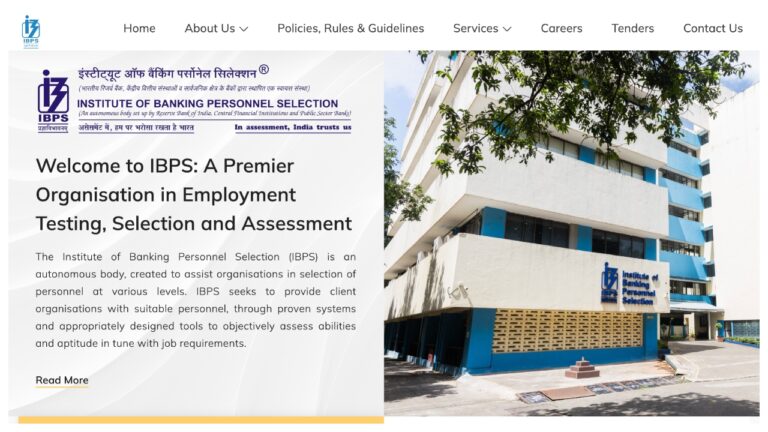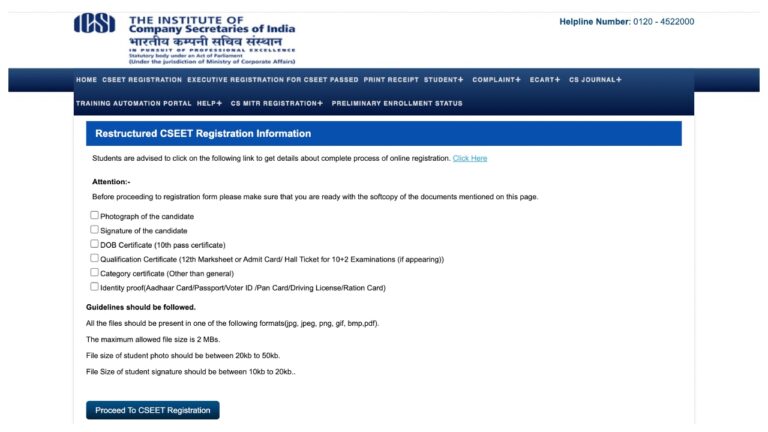The stock market is volatile, yet the number of investors in mutual funds remains constant. The most recent data reveals that mutual funds received investments totaling Rs 41,224 crore in October 2024. The monthly investment in mutual funds has exceeded Rs 25,000 crore.
Experts think that there is still future potential for funds connected to pharmaceuticals
Yet, the recent surge in the Indian stock market over the past three years has brought wealth to investors in all types of mutual funds (MFs). Given the recent fluctuations in the stock market, investors are wondering which sectors of mutual funds provide greater safety or potential for higher returns in the midst of uncertainty.
Experts think that there is still future potential for funds connected to pharmaceuticals or the health sector. Rapid population growth, India’s expanding presence in the global pharmaceutical industry, and government regulations are factors supporting the potential of the sector. India-focused mutual funds, and investors are recommended to allocate up to 20% of their funds to it.
According to Ajit Menon, CEO of PJIAM India Asset Management, investors will gain advantages by investing in pharma funds because of factors such as low costs, innovation, rising health insurance awareness, growing foreign investments, and the continuous growth of medical tourism.
Anand Padmanabhan Anjaneyan, a senior equity fund manager, points out that one remarkable aspect of the sector is that demand is not heavily affected by price fluctuations. Because of the enhanced pricing power, the impact of the inflationary environment is minimal. It offers an investor the chance to increase their funds over an extended period. Last week, PGIM introduced the India Healthcare Fund.
Anand Padmanabhan Anjaneyan, a senior fund manager specializing in equities, asserts that a notable aspect of the industry is that fluctuations in prices have minimal effect on consumer demand. Because of the strong pricing power, inflationary conditions have no impact, resulting in better pricing control. It offers investors the chance to increase their capital over an extended period of time.
Last week, PGIM introduced the India Healthcare Fund. Numerous pharmaceutical funds of this kind have been introduced in the past couple of years. This year, they are providing a return of 44 percent on average.










